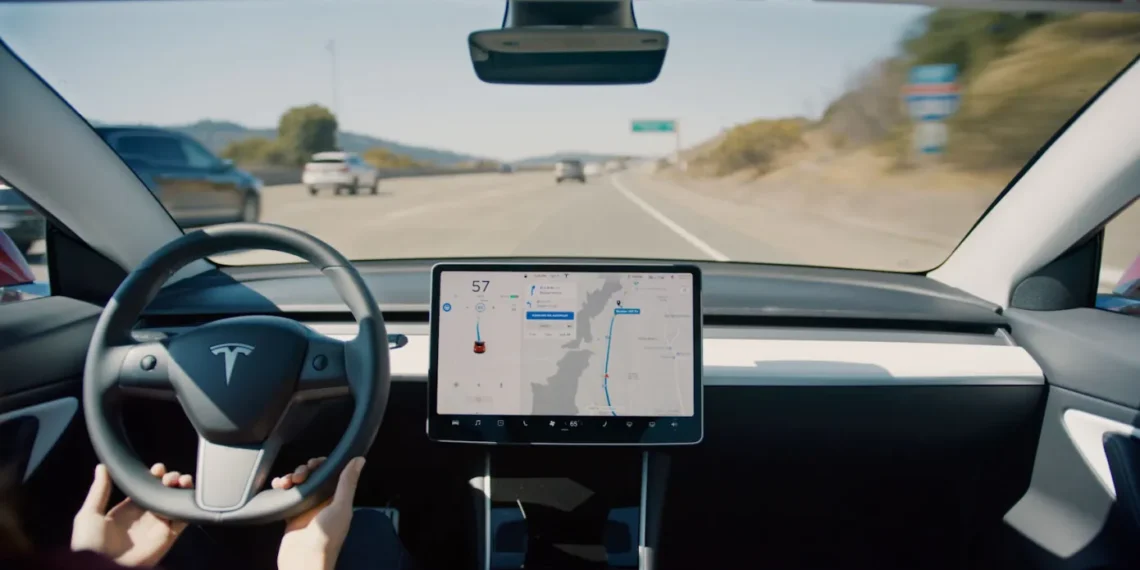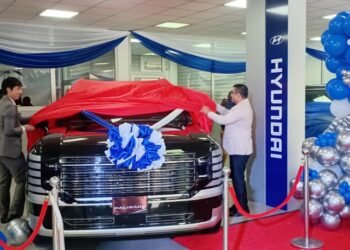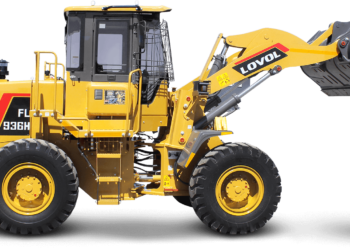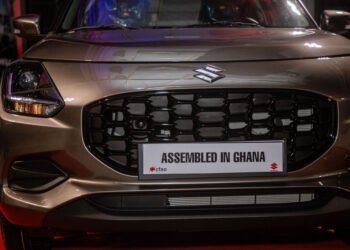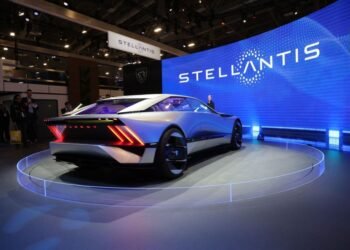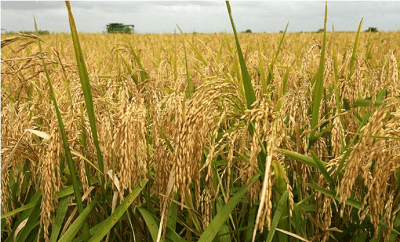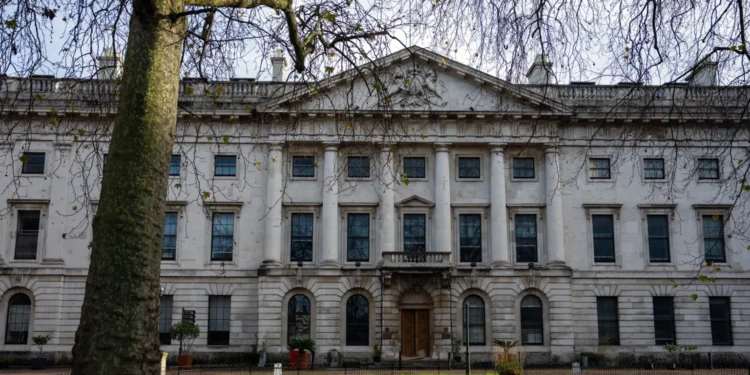The National Highway Traffic Safety Administration (NHTSA) has concluded its investigation into Tesla’s Autopilot system, which looked into hundreds of crashes, including 13 fatal incidents and many others causing serious injuries.
After this review, the agency decided to close this investigation. However, the NHTSA has launched a new inquiry to assess the effectiveness of Tesla’s Autopilot recall solution that was implemented in December 2023.
According to documents released by NHTSA’s Office of Defects Investigation, the agency found significant evidence suggesting that Tesla’s Autopilot system, coupled with its weak driver engagement feature, was not suitable for the system’s broad operational capabilities.
“This mismatch resulted in a critical safety gap between drivers’ expectations of [Autopilot’s] operating capabilities and the system’s true capabilities. This gap led to foreseeable misuse and avoidable crashes.”
NHTSA
The conclusion of this investigation which started in 2021 signifies the end of a prominent government examination into Tesla’s Autopilot software.
Despite this closure, Tesla remains under significant scrutiny with several other ongoing inquiries.
The Department of Justice is conducting its own investigation into Tesla’s technology claims.
Additionally, the California Department of Motor Vehicles has accused Tesla of misleading advertising regarding the capabilities of both Autopilot and the more advanced Full Self-Driving beta software.
The company is also facing multiple lawsuits regarding Autopilot. Tesla, meanwhile, is now going “balls to the wall for autonomy,” according to CEO Elon Musk.
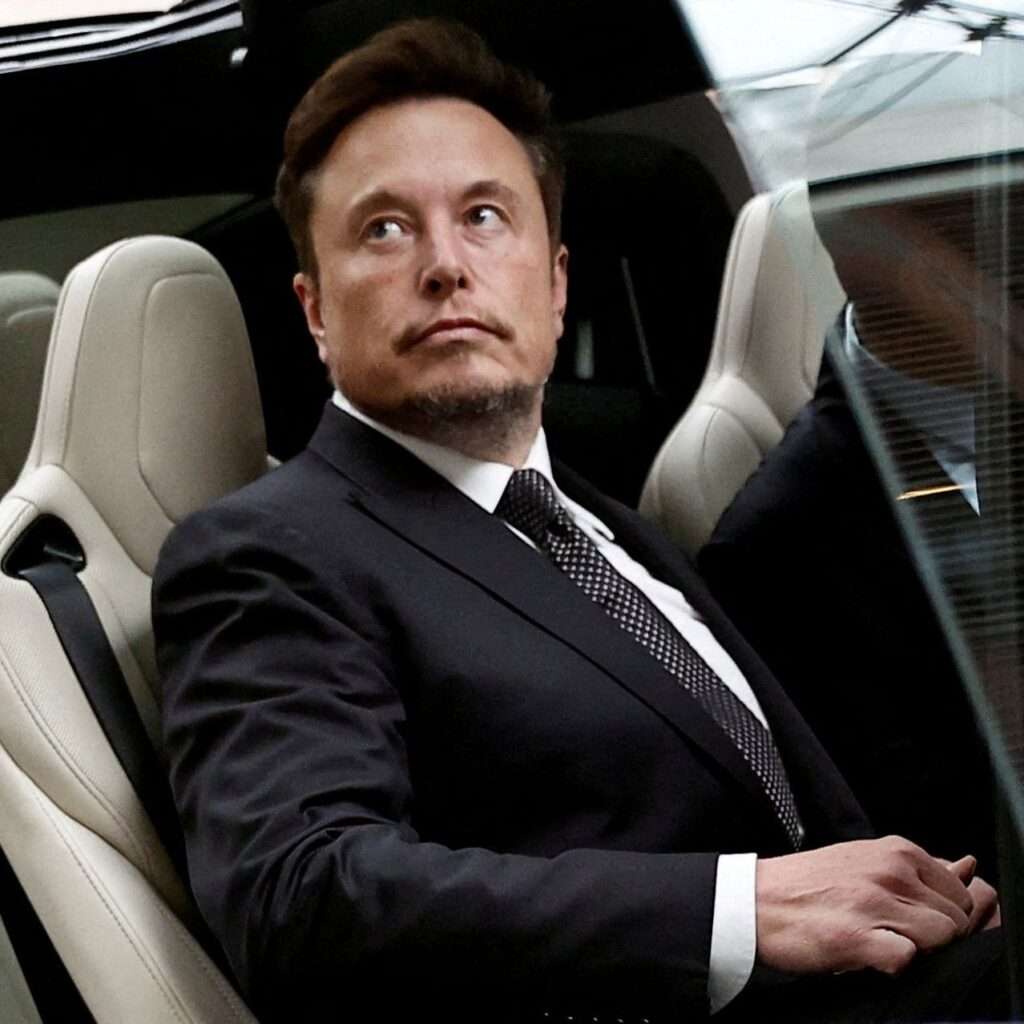
NHTSA’s Crash Analysis Reveals Autopilot System Concerns
NHTSA said its investigation reviewed 956 reported crashes up until August 30, 2023. The agency said in the case of 489 crashes, there “was insufficient data to make an assessment.”
NHTSA said the remaining 467 crashes fell into three categories. There were 211 crashes where “the frontal plane of the Tesla struck another vehicle or obstacle with adequate time for an attentive driver to respond to avoid or mitigate the crash.”
Also, 145 crashes involved “roadway departures in low traction conditions such as wet roadways.”
It said 111 of the crashes involved “roadway departures where Autosteer was inadvertently disengaged by the driver’s inputs.”
These crashes “are often severe because neither the system nor the driver reacts appropriately, resulting in high-speed differential and high energy crash outcomes,” the agency wrote.
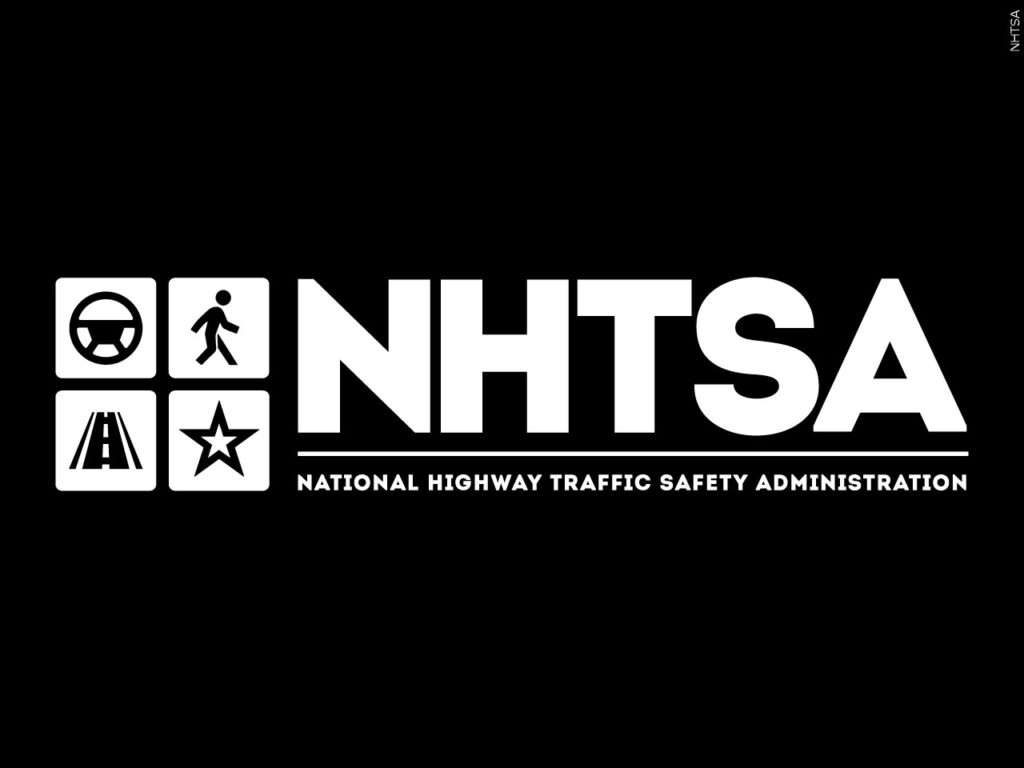
Tesla cautions drivers to pay attention to the road and keep their hands on the steering wheel while using Autopilot. However, NHTSA and other safety groups said these warnings were insufficient to prevent misuse.
Moreover, Tesla agreed to issue a recall through a software update to enhance driver monitoring. However, this update appears to have made minimal changes to Autopilot, a viewpoint shared by the NHTSA.
Certain aspects of this recall require owners to actively opt-in, and Tesla allows drivers to easily reverse some of the safety features, as noted by NHTSA.
The NHTSA dedicated about three years to investigating Tesla’s Autopilot system relying on Tesla to provide crash-related data.
However, despite this collaboration, NHTSA raised concerns about the quality of Tesla’s data in one of its official documents.
“Gaps in Tesla’s telematic data create uncertainty regarding the actual rate at which vehicles operating with Autopilot engaged are involved in crashes. Tesla is not aware of every crash involving Autopilot even for severe crashes because of gaps in telematic reporting.”
NHTSA
According to the agency, Tesla “largely receives data from crashes only with pyrotechnic deployment,” meaning when airbags, seat belt pre-tensioners, or the pedestrian impact mitigation feature of the car’s hood are triggered.
The NHTSA pointed out that by limiting data collection to this level, Tesla is only able to gather information on approximately 18% of the accidents that are reported to the police.
Consequently, the NHTSA revealed that the investigation uncovered accidents in which the Autopilot was engaged but Tesla was not notified through telematics.
READ ALSO: Ghana’s Birth Registration Process Gets a Major Upgrade



